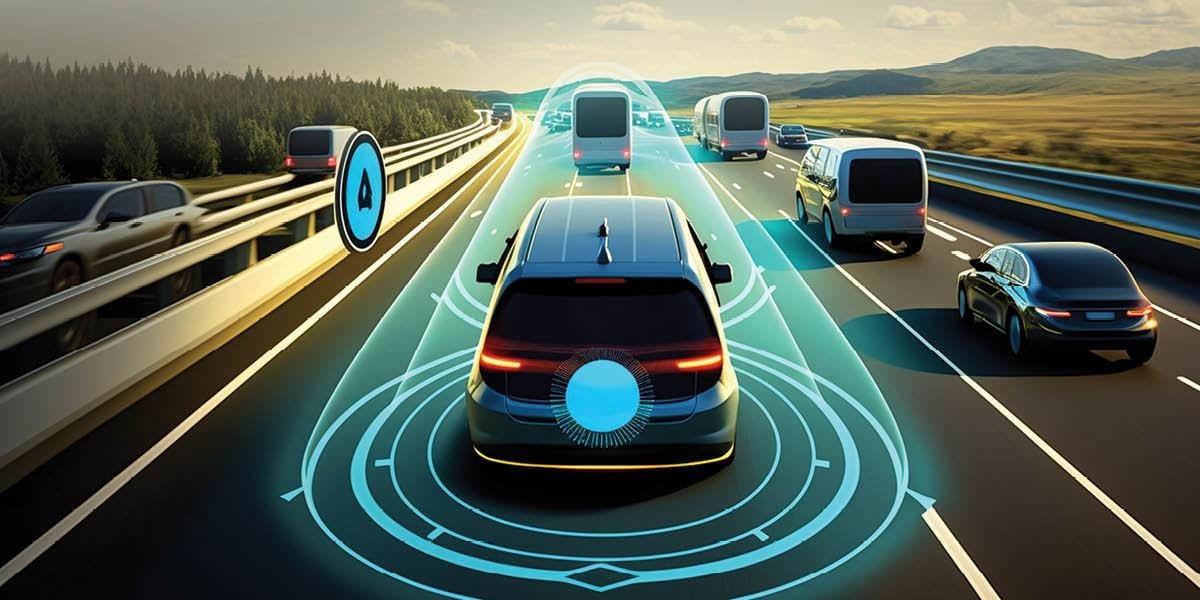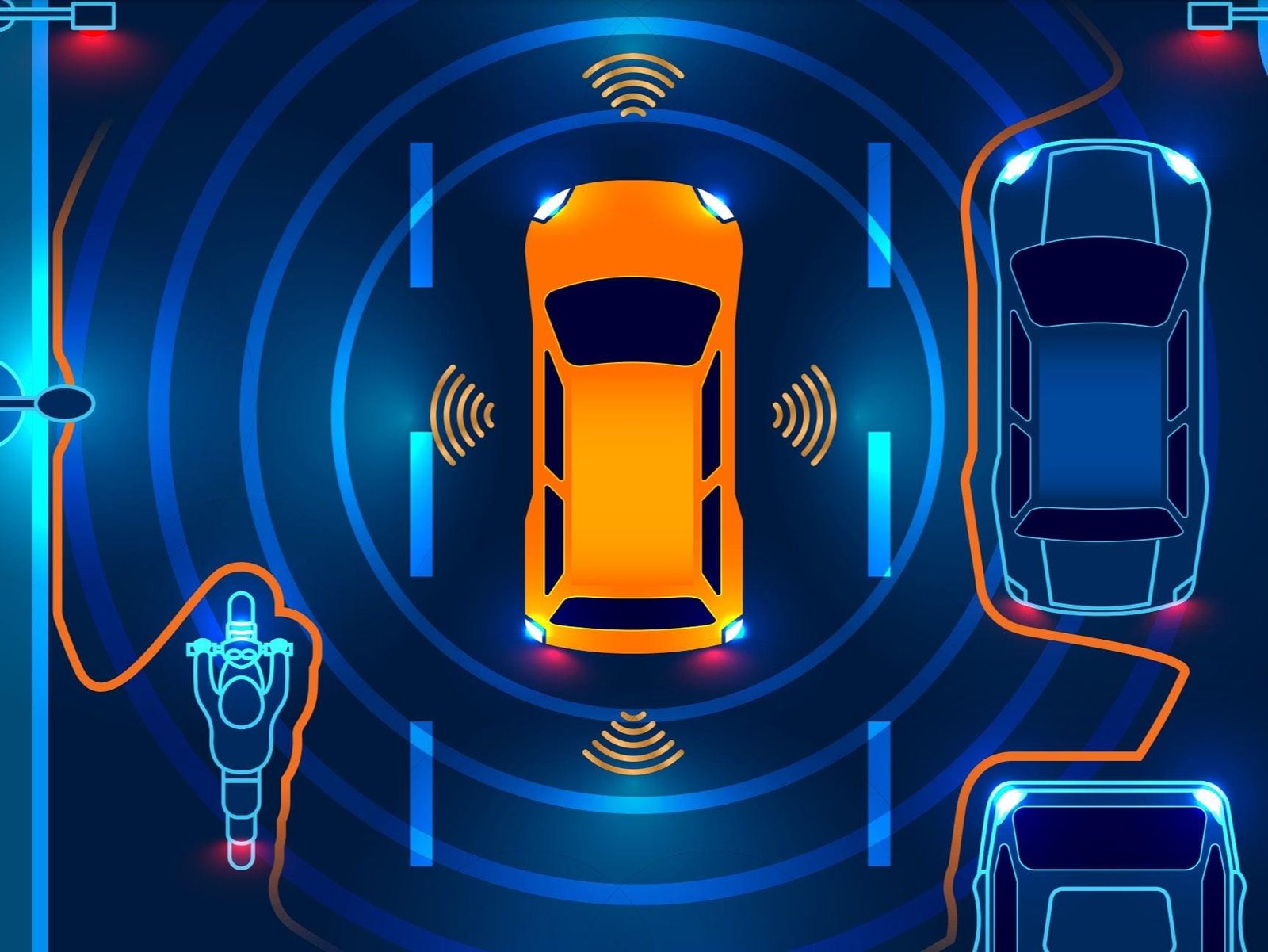Table of Contents
In an age where technology intertwines seamlessly with daily life, the realm of automobiles is undergoing a remarkable transformation. Smart cars, once mere concepts sketched in the imaginations of designers, are now integral to the modern landscape of transportation. These vehicles, powered by advanced sensors and AI, are more than just modes of travel; they signify a shift towards greater safety, efficiency, and sustainability.
As we navigate this landscape of innovation, we’ll explore how smart cars have evolved from simplistic automation to complex, interconnected systems that communicate with one another and their environment. Autonomous driving, enhanced connectivity, and cutting-edge technology paint a vivid picture of what the future holds. Join us as we delve into the past, present, and potential of this exciting automotive revolution.
The Rise of Intelligent Mobility Solutions
Rapid advancements in technology have propelled intelligent mobility solutions to the forefront, reimagining how we perceive travel. With a focus on connectivity and automation, smart vehicles are no longer just a futuristic idea. Key innovations making waves include:
- Vehicle-to-Everything (V2X) communication
- Advanced Driver-Assistance Systems (ADAS)
- Autonomous navigation capabilities
The integration of Artificial Intelligence plays a crucial role in enhancing user experiences and vehicle efficiencies. As manufacturers harness big data, they can anticipate traffic patterns and optimize routes, making travel not only safer but also more sustainable. Emerging trends to watch for are:
- Shared mobility platforms
- Electric vehicle (EV) integration
- Smart infrastructure solutions

Navigating Challenges in Autonomous Vehicle Technology
The path to autonomous vehicles is paved with various challenges that require innovative solutions. From safety concerns to regulatory hurdles, developers must navigate a landscape fraught with complexities. Ensuring the technology can handle unpredictable environments is crucial. Stakeholders are continuously working to fine-tune algorithms that enhance vehicle perception, allowing smart cars to respond effectively to real-world scenarios.
Moreover, public acceptance remains a critical hurdle. Overcoming misconceptions about the technology involves extensive education and outreach. The industry must also prioritize cybersecurity, as autonomous vehicles could become prime targets for hacking. Addressing these concerns through robust strategies will be essential to building trust and advancing the future of smart cars.

Enhancing Safety and Security with Smart Innovations
The integration of smart technologies in vehicles significantly enhances driver and passenger safety. Features like adaptive cruise control, lane-keeping assistance, and automatic emergency braking create a proactive driving experience. By leveraging real-time data from various sensors, smart cars can predict potential hazards, drastically reducing the risk of accidents.
Moreover, innovations such as vehicle-to-everything (V2X) communication enable cars to interact with surrounding infrastructure and other vehicles. This seamless exchange of information facilitates a better understanding of traffic conditions, leading to optimized routes and fewer collisions, ultimately fostering safer roads for everyone.
| Smart Features | Benefits |
|---|---|
| Adaptive Cruise Control | Maintains safe distance from other vehicles |
| Automatic Emergency Braking | Reduces impact in emergency situations |
| V2X Communication | Improves situational awareness |

The Road Ahead: Sustainable Practices in Smart Car Development
As the automotive industry embraces innovation, a shift towards sustainable practices is becoming essential in smart car development. Manufacturers are prioritizing eco-friendly materials and techniques, minimizing waste, and reducing their carbon footprint. This includes the use of recyclable materials in vehicle design, such as bio-based plastics and lightweight composites, which not only enhance performance but also promote environmental sustainability.
Moreover, advancements in battery technology play a pivotal role in this transformation. With a focus on renewable energy sources and efficient recycling processes, carmakers aim to create vehicles that not only perform well but also contribute positively to our planet. The integration of smart technologies will further support energy-saving models, paving the way for a greener future in the auto industry.
| Practice | Description |
|---|---|
| Recyclable Materials | Utilizing materials that can be repurposed at the end of a vehicle’s lifecycle. |
| Energy-Efficient Batteries | Developing batteries with longer life spans and less environmental impact. |
| Smart Energy Management | Implementing technologies that optimize energy use in vehicles. |
The Way Forward
As we steer toward a future dominated by innovation and technology, the evolution of smart cars marks a pivotal chapter in our relationship with mobility. The journey of these vehicles has not only transformed transportation but has also redefined what it means to drive.
Key highlights include:
- Autonomous Technology: The rise of self-driving features promises increased safety and efficiency.
- Connectivity: Integration with smartphones and IoT ensures a seamless experience for drivers and passengers.
- Sustainability: Electric smart cars contribute to a greener planet, reducing emissions and reliance on fossil fuels.
In embracing these advancements, we stand on the brink of a revolution where intelligence on wheels fundamentally reshapes our daily lives. As this trend accelerates, the potential for enhanced mobility solutions continues to expand, offering hope for smarter cities and cleaner environments.
Ultimately, the evolution of smart cars is not just about technology—it’s about envisioning a future where innovation drives us all toward a more connected and sustainable world. As we buckle up for what’s next, the road ahead is filled with possibilities.



